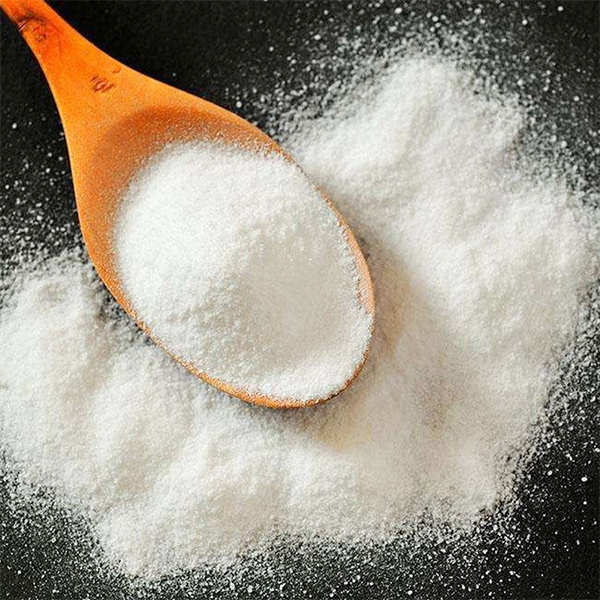Understanding HPMC 200000 CPS A Versatile Polymer for Various Applications
Hydroxypropyl Methylcellulose (HPMC), particularly the grade with a viscosity of 200,000 centipoise (CPS), is a non-ionic, water-soluble polymer derived from cellulose. It has gained significant attention across numerous industries due to its unique properties and versatility. This article aims to explore the characteristics, applications, and advantages of HPMC 200000 CPS.
Characteristics of HPMC 200000 CPS
HPMC is synthesized through the controlled substitution of hydroxyl groups in cellulose with hydroxypropyl and methoxy groups. The resulting polymer is odorless, tasteless, and dry powder, which forms a gel-like substance when mixed with water. The HPMC 200000 CPS grade is known for its high viscosity, which is crucial for various formulations. This viscosity allows it to function effectively as a thickening, binding, and emulsifying agent.
One key feature of HPMC is its ability to provide a stable gel formation under varying temperature conditions. Moreover, it is pH-stable, making it suitable for applications in acidic or alkaline environments. Its non-ionic nature also makes it compatible with a wide range of substances, including salts, surfactants, and other additives, further broadening its utility.
Applications of HPMC 200000 CPS
1. Pharmaceuticals In the pharmaceutical industry, HPMC 200000 CPS is frequently employed as a binder in tablet formulations, providing excellent flow and compression properties. Its controlled-release capabilities make it an excellent choice for sustained-release formulations, ensuring the gradual release of active pharmaceutical ingredients (APIs). Additionally, HPMC is often used in ophthalmic products due to its ability to maintain moisture and enhance ocular bioavailability.
2. Food Industry HPMC 200000 CPS is utilized as a thickener and stabilizer in various food products, including sauces, dressings, and dairy items. Its capacity to improve texture and mouthfeel while offering a gluten-free alternative has made it popular among food manufacturers focusing on health-conscious consumers.
hpmc 200000 cps

3. Cosmetics and Personal Care The cosmetic industry benefits from HPMC’s gelling and thickening properties, which are ideal for lotions, creams, and gels. Its moisturizing and film-forming characteristics enhance product performance, contributing to smooth application and prolonged skin hydration.
4. Construction and Building Materials HPMC is widely used in the construction sector, particularly in cement-based formulations, tile adhesives, and mortar. By providing excellent water retention and workability, it ensures easy application and enhances the durability of the final product.
5. Agriculture In agricultural applications, HPMC acts as a film-forming agent in pesticide formulations and helps improve the adhesion of agrochemicals onto plant surfaces, leading to enhanced efficacy and performance.
Advantages of HPMC 200000 CPS
One notable advantage of HPMC 200000 CPS is its non-toxic nature, which aligns with the growing demand for safe and eco-friendly products. Additionally, its versatility in various applications across multiple industries makes it a highly sought-after substance. Moreover, the ability to tailor its viscosity and functionality through formulation adjustments allows manufacturers to innovate and meet specific customer needs effectively.
Conclusion
In summary, HPMC 200000 CPS is a remarkable polymer with a wide array of applications extending from pharmaceuticals to food, cosmetics, construction, and agriculture. Its unique properties, including high viscosity, pH stability, and compatibility with a variety of substances, position it as a highly valuable ingredient in modern formulations. As industries continue to evolve and demand innovative solutions, HPMC 200000 CPS will undoubtedly play a pivotal role in driving progress across multiple sectors.
-
The Application and Significance of Construction RdpNewsMay.19,2025
-
Industrial Grade HpmcNewsMay.19,2025
-
Building Coating Adhesive Building Coating Adhesive HpmcNewsMay.19,2025
-
Application Of Hpmc For Detergent For Detergent In DetergentsNewsMay.19,2025
-
Application Of Hpmc Cellulose In Cement-Based MaterialsNewsMay.19,2025
-
Application Of High Quality Hpmc For Construction In The Field Of ConstructionNewsMay.19,2025




